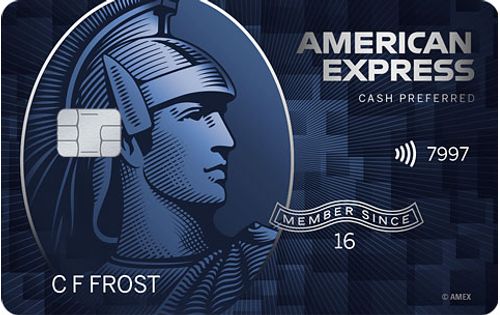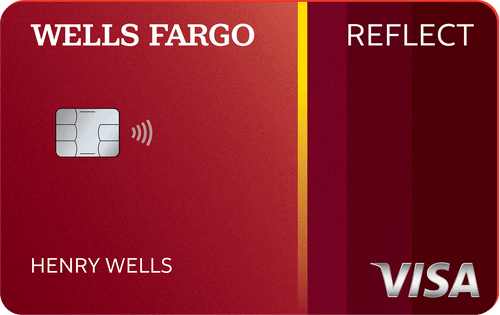WalletHub, Financial Company
@WalletHub
If you move abroad with unpaid credit card debt, your creditors may send you to collections or file a lawsuit against you. Letting credit card debt go unpaid will also do significant damage to your credit score, and if you still have a U.S. bank account or employer, your savings or wages could be garnished.
While credit card debt usually cannot be recouped outside of the country, that doesn’t mean the debt ceases to exist. In fact, it could make it harder to establish residency in a new country.
Here’s what happens to unpaid credit card debt if you move abroad:
- Credit Score Damage: The further behind you get on payments, the more your score will suffer. Eventually, the debt will charge-off, or default, hurting your score even more. This could make it difficult to obtain credit if you plan to return to the country.
- Collections: Creditors often sell past-due debt to collections companies. Having accounts in collections listed on your credit reports will add to your credit score woes. You may also be hassled with phone calls and emails.
- U.S. Lawsuit: If a lawsuit was filed before you left the country, the case would still go before a judge and be ruled upon in your absence. The court cannot force you to pay credit card debt if you’re living overseas, but creditors can go after any money you leave behind in a checking, savings, or investment account. And if you continue working for a U.S.-based employer, they can garnish your wages.
- Residency Issues: A country determining your eligibility for residency may review your credit report. If they think you are relocating just to avoid your creditors, your application may be denied. Plus, it’s possible creditors in the new country may look at your U.S. credit report and be hesitant to give you credit.
- Foreign Lawsuit: If you’re already out of the country, creditors can only file suit against you in your current country of residence. The case would be decided based on the laws of that country. Depending on the size of the debt, the debt collector may decide it is not worth it to them as this type of action is extremely expensive.
If your creditor ends up forgiving your unpaid debt, that amount is considered income. So, you may also have to deal with the IRS looking for taxes. Make sure to take care of that, or you’ll be in legal trouble the next time you try to enter the U.S.
If you are leaving the country but do intend to pay off your credit card debt, contact your issuer(s) and work out a payment plan. Generally, you should be able to continue paying your bills online with no problems, but you’ll at least need to update the issuer with your new residency information.

People also ask
Did we answer your question?
Important Disclosures
Ad Disclosure: Certain offers that appear on this site originate from paying advertisers. For full transparency, here is a list of our current advertisers.
Advertisers compensate WalletHub when you click on a link, or your application is approved, or your account is opened. Advertising impacts how and where offers appear on this site (including, for example, the order in which they appear and their prevalence). At WalletHub we try to present a wide array of offers, but our offers do not represent all financial services companies or products.
Advertising enables WalletHub to provide you proprietary tools, services, and content at no charge. Advertising does not impact WalletHub's editorial content including our best picks, reviews, ratings and opinions. Those are completely independent and not provided, commissioned, or endorsed by any company, as our editors follow a strict editorial policy.



